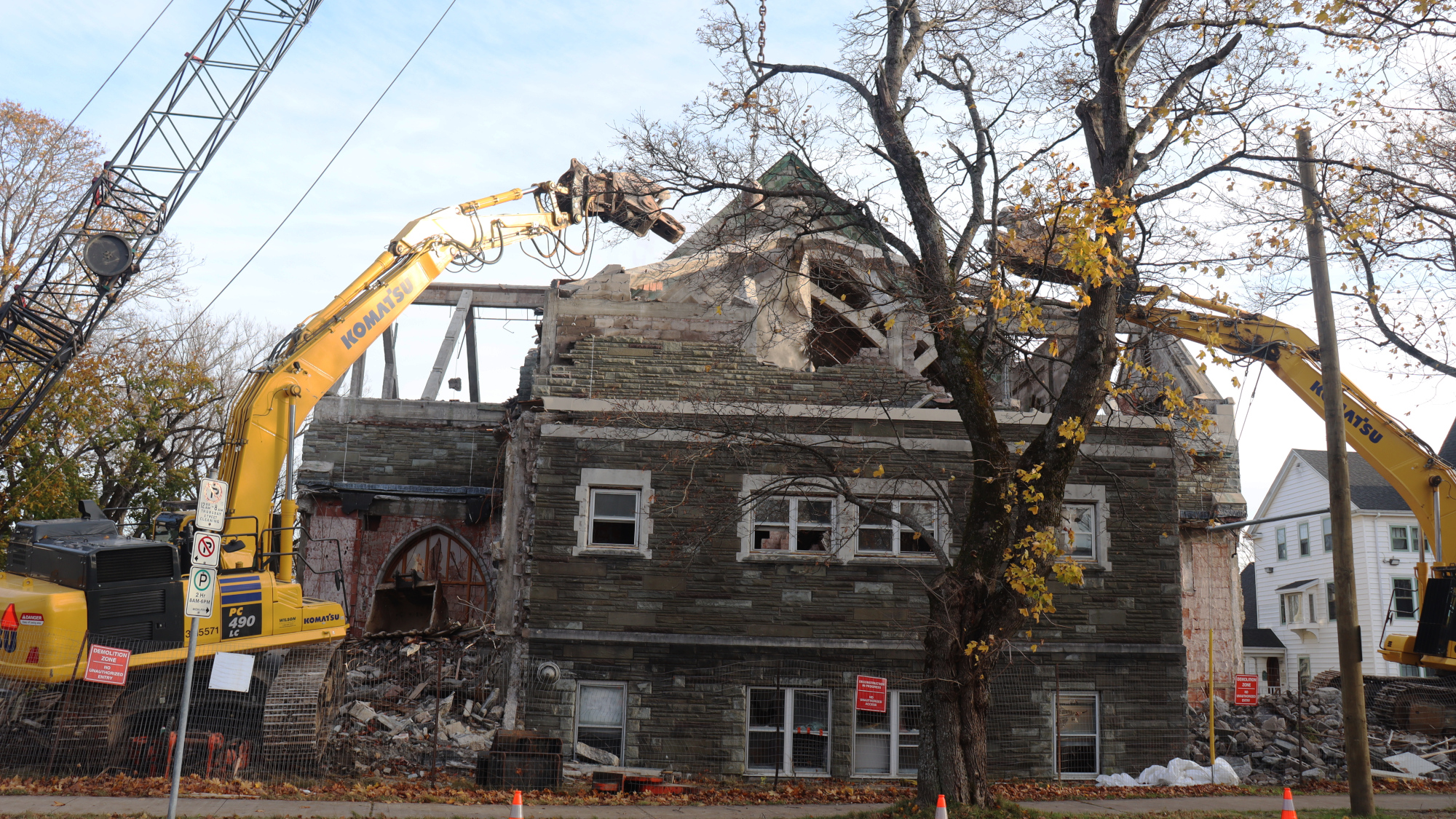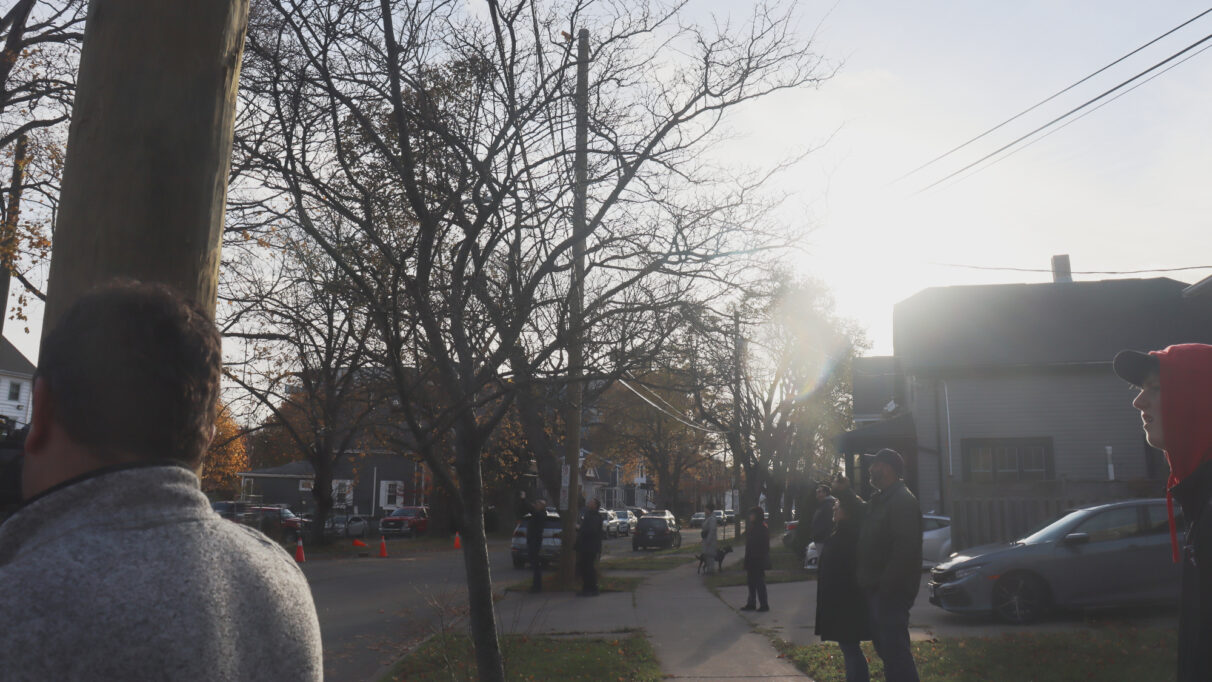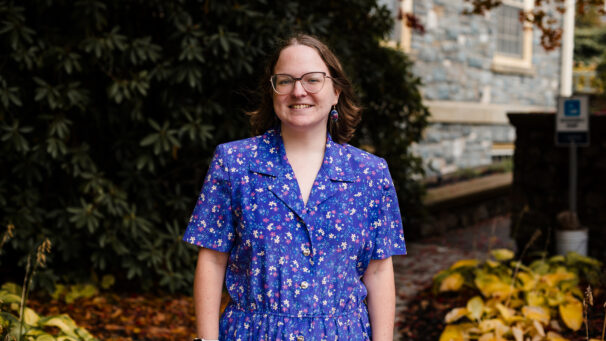As St. Theresa’s crumbles, ‘affordable, non-market’ housing to rise
Archdiocese applies for grant to convert central Halifax property into six-storey building

caption
Demolition machines tear apart a roof arch on St. Theresa’s Church on North Street on Nov. 12.Catholic church officials hope to replace a nearly century-old church in Halifax with affordable housing.
The demolition of St. Theresa’s Church, which stood on North Street since 1931, began about two weeks ago. In its place, the Archdiocese of Halifax-Yarmouth has submitted a proposal to the Halifax Regional Municipality to build “affordable, non-market” housing.
The archdiocese’s application to the city’s Affordable Housing Grant program suggests developing the land into housing for “families, seniors, newcomers and people with accessibility needs.”
The design proposed is a six-floor building with over 30 units. There would be a mix of units with up to four bedrooms.
“Our hope is to contribute to solving the homelessness crisis,” said John Stevens, pastoral life and new evangelization manager for the archdiocese.
“I think when people hear affordable housing, they sometimes get different ideas in their minds, that this would be highly supportive housing for one group of clientele,” he said. “People just need a break, because everything’s expensive.”
He said the project would be “affordable, non-market housing, but not supportive or transitional.”
St. Theresa’s was permanently closed in 2024 due to health and safety concerns. Parishioners continue to be served by St. Francis and St. Clare of Assisi parish.

caption
A crowd watch as the church is demolished on Nov. 12.Dave Paterson, supervisor of the Affordable Housing Grant program, said he couldn’t speak on applications in progress.
“We primarily think about housing as development-led, but there’s also a whole sector of non-profit housing providers that are committed to meeting the needs of all people in the municipality,” said Paterson.
“Affordable housing really requires non-profit housing to fill the gap between what the housing sector can provide.”
Between its inception in 2021 and 2024, a total of 63 applications to the program were received, with 31 of them being funded, according to Paterson.
“We’re confident in all the applications that we put in, that they’re going to be accepted,” said Stevens.
To be eligible for the grant program, non-profits must sign a contribution agreement “which requires the level of rents of units to be established … And we also have a requirement to monitor rents afterwards,” said Paterson.
While Stevens said the archdiocese would hold ownership of the land, they may potentially partner with a non-profit to help manage future administrative details like rent collection and apartment repairs.
“We don’t want to be in the landlord business in the sense of collecting rents every month,” Stevens said.
The next step, he added, is to get the land re-zoned from institutional to residential. The archdiocese hopes construction will start in 2027.
“Ultimately, one of the key project principles is dignity … Everyone deserves housing,” Stevens said.
About the author

Megan Krempa
Megan Krempa is a student in the master of journalism program. She has an undergraduate degree in the history of science & technology from...

Leave a Reply